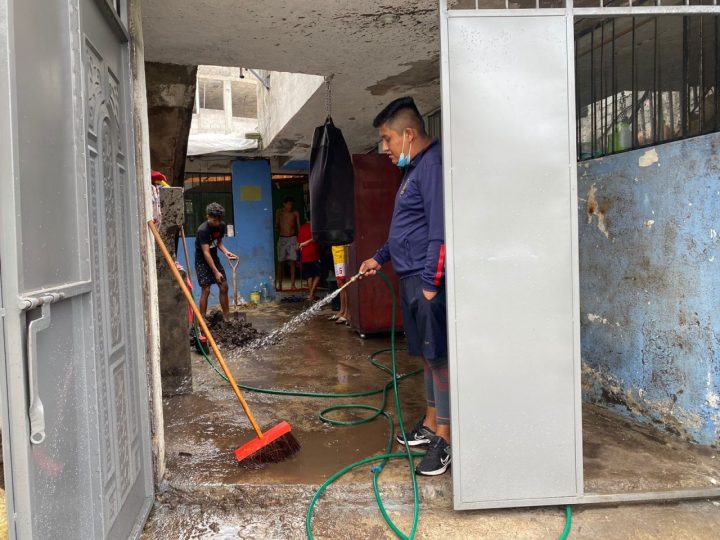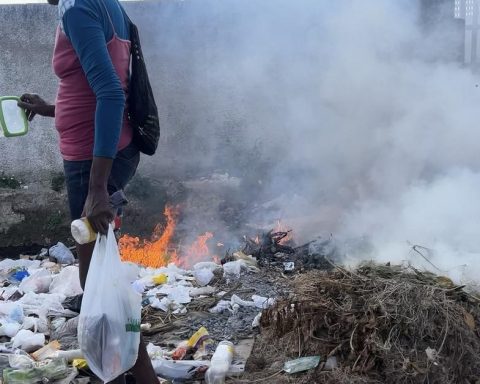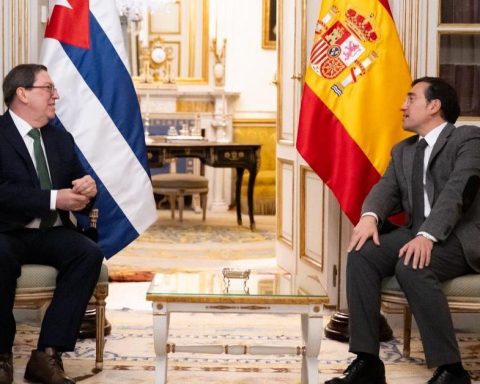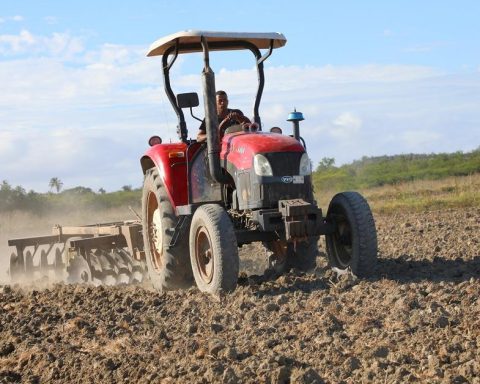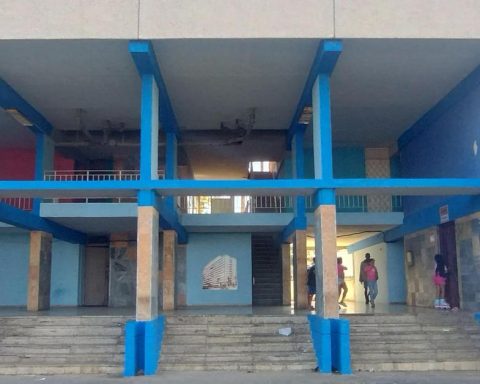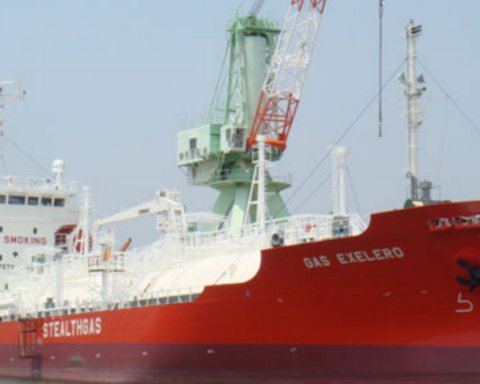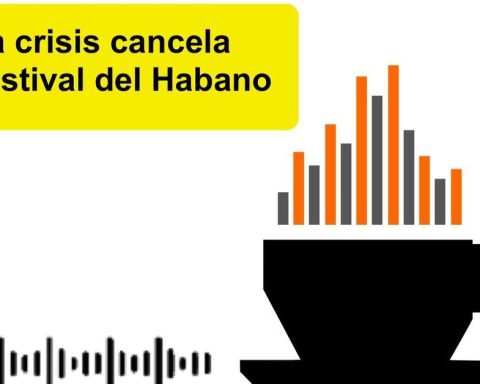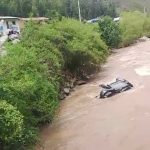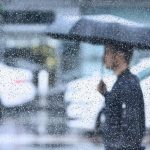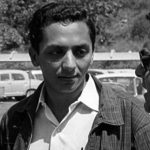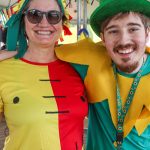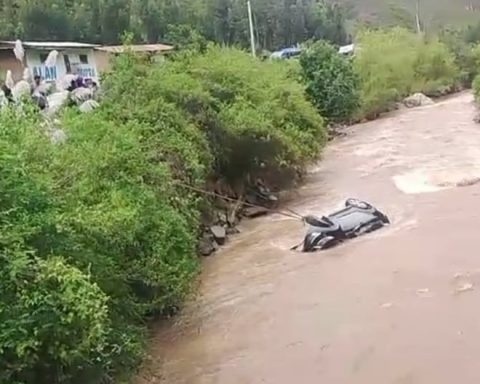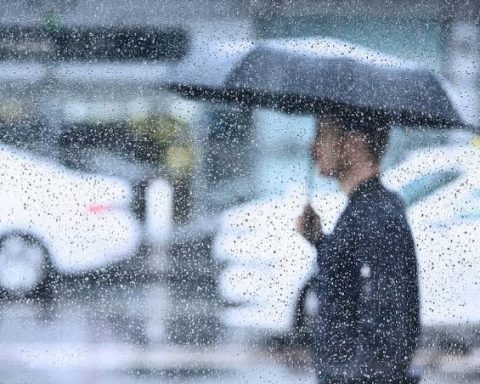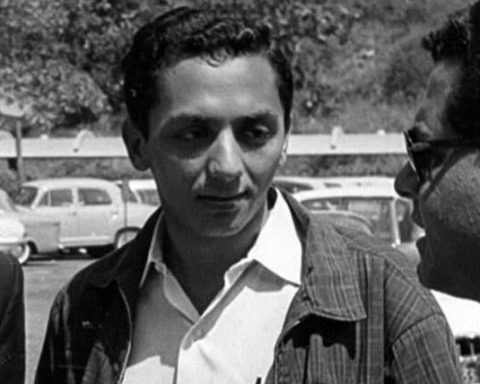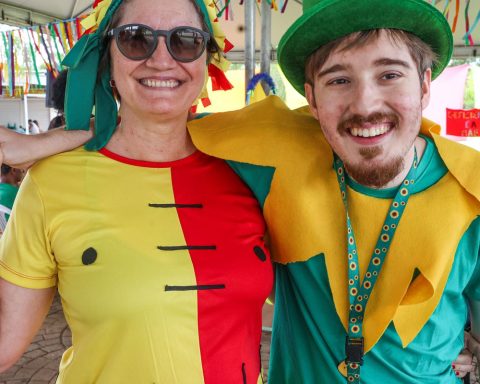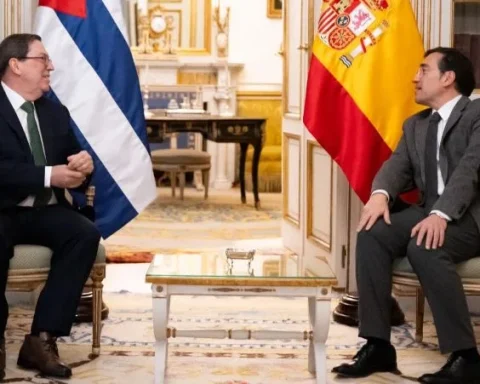Insecurity is latent in the area where the houses are still without enclosure. There are those who say that aid no longer arrives.
In La Comuna, where a flood caused the death of 28 people on January 31, 2022there is no more mud, but there is fear.
This is how Segundo Chalco describes his situation, whose property is in full zero zoneto one side of the court where most of the victims died.
“We were left with nothing, here he had five rooms and with that he collected the rent,” says Chalco, pointing to some concrete blocks with whom he tries to lift what he lost.
He says that he Municipality of Quito I give you construction material, but that has not been enough. “I spent almost $300 on rod, a thick one that would hold me. I bought material, gravel, sand and stone. That came out to me about $600 more,” she details.
Added to this is the fact that, on January 21, 2022, the Municipality’s staff left him construction material on the adjoining land. “Imagine how I do to upload all that here. I will also have to hire people.”
Chalco has the help of his family, he also says he feels grateful because the first few days many people helped him. “I don’t want to complain, I don’t want them to say that I’m not telling the truth, but we haven’t had the food kits for about two weeks,” he says.
From the Municipality of Quito it was detailed that the kits continue to be delivered, but they last between 15 and seven days, depending on whether they are for food or cleaning, respectively. They also say that there are people who try to receive aid twice.
insecurity grows
But the oblivion, which those affected by the flood say they feel, does not only have to do with the delivery of aid.
“In the beginning there were military, police here. Now they only come in the mornings,” says Consuelo Navarrete, whose business closed for 15 days, which represented a loss of $600.
During a tour of the area, LA HORA confirmed the presence of an agent from the Municipality’s control body. He confirmed that a motorcycle takes shifts, but only until 6:00 p.m. and stressed that the responsibility for security in the area belongs to the National Police.
The residents say that by still having their houses with holes or unbuilt walls they are prone to crime, so they ask that security patrols be carried out at night. “They broke into my son’s house and stole his gas cylinder,” says Chalco.
Another neighbor, who preferred not to be identified, said that a washing machine was taken from her.
Economic reactivation
There were 125 businesses that suffered damage in the flood. The Secretariat of Productive Development of the Municipality of Quito and the Alliance for Entrepreneurship and Innovation (AEI) evaluates the business model to provide technical assistance with aid that will last for two years. For this there is a fund of $400,000. It is estimated that less than 10 of the 125 businesses have received the aid, however, in La Comuna there are those who say that they have already received visits from municipal personnel and that now they hope to receive the bonuses to get up.
Through the streets of La Comuna and La Gasca nothing is the same. There are those who continue to clean the mud from their windows. “Every day we wash down and the earth keeps coming out,” explains María Tituaña.
Every day, for almost four weeks – they say – the routine is the same. Work to restore everything they lost and prevent the authorities from “forgetting about us,” says Chalco timidly.
For this Sunday, February 27, 2022, a mass will be held, for the month of the death of 28 people, family members, friends, neighbors of the Commune. (AVV)
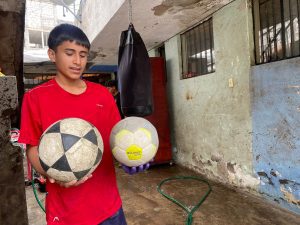
The barrage will not bury the dream of being footballers
A couple of weeks before the flood of La Comuna, in the north center of Quito, took away, all 13 young people between 16 and 19 years old came to the neighborhood to train soccer.
They are from Guayaquil and Manabi. The technical director, Andrés Dorado, who trains them and is in charge of taking them to soccer clubs, says that the young people want to continue in Quito to become professionals.
However, they lost everything: uniforms, shoes, balls and other sports equipment. They also don’t have beds or appliances. “We have to sleep on the floor and on some mattresses,” says one of the boys as he pushes away the mud that keeps coming out of the house.
Although their parents send them money for food, Dorado calls on the authorities so that the aid also reaches the young people. “They said they were going to give us help, but until now we are waiting for an answer,” say the young people. (AVV)
